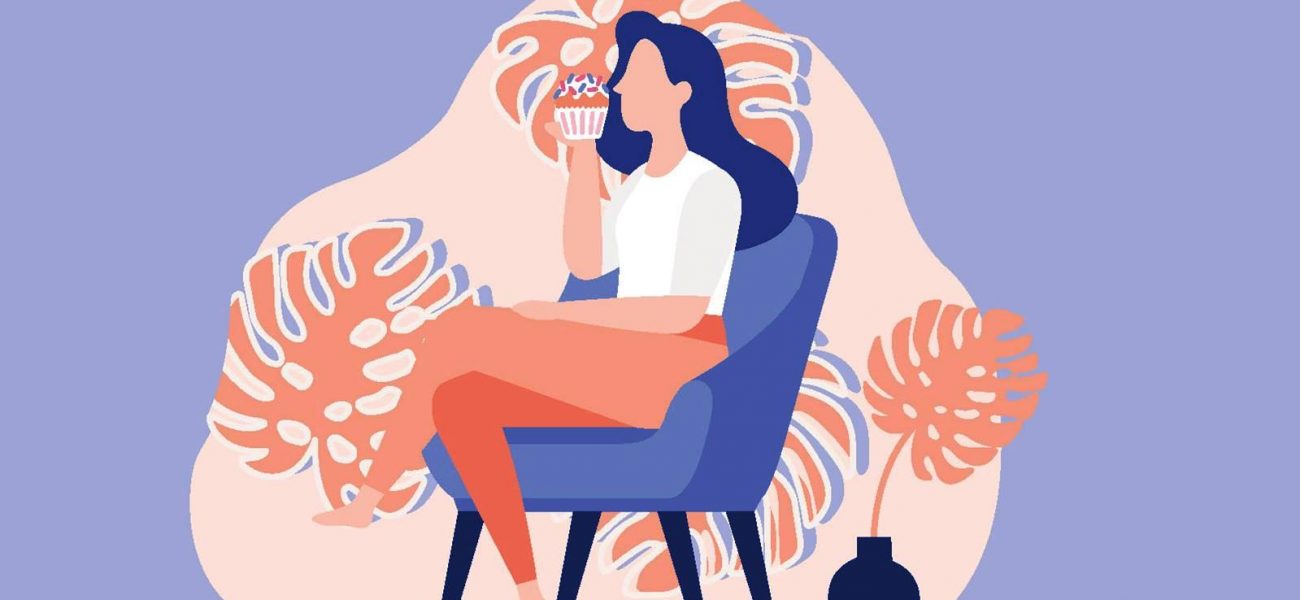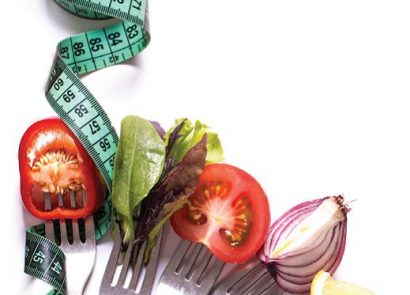If you’ve let your sweet tooth get the better of you this Easter, don’t panic! We asked the experts what to expect when we eat to excess and why moderation is key
Sugar high
“The part of our brain called the nucleus accumbens releases dopamine (a feelgood chemical), when we eat sugary or unhealthy foods,”says Uxshely Carcamo (thefoodtherapyclinic.com). “We get a short-term high from these foods because of the part of the brain that produces dopamine in response to things like alcohol, gambling and shopping. However, this feeling is short-lived and we can end up wanting more unhealthy food, just to feel that way again.”
Breaking the rules
“The drivers for overindulgence will be different for each person,” explains Uxshely. “Some people eat more as a result of a period of food restriction or diets. This is because the body and brain often can’t tell the difference between this and starvation. Others overindulge when eating because they’re sad, bored or stressed. When we eat because of emotional factors and not physical hunger, it’s impossible to feel full.”
Think with your gut
“Overeating unhealthy, sugary foods has an affect on our gut and our gut microbiome,” says Uxshely. “It can cause the proliferation of bad, pathogenic bacteria, which then can outnumber the good bacteria and cause digestive and mental health issues. When we overeat sugary and ultra-processed foods, it can also have a significant impact on our mood and our blood-sugar levels and leave us feeling lethargic and tired.”
Food therapy
“To develop a healthier relationship with food, try to avoid drastic and restrictive diets, or completely banning food groups,” says Uxshely. “Remember, no food is completely off-limits. It’s also important to find healthy ways to process your emotions so you don’t use food as a coping strategy.”




















